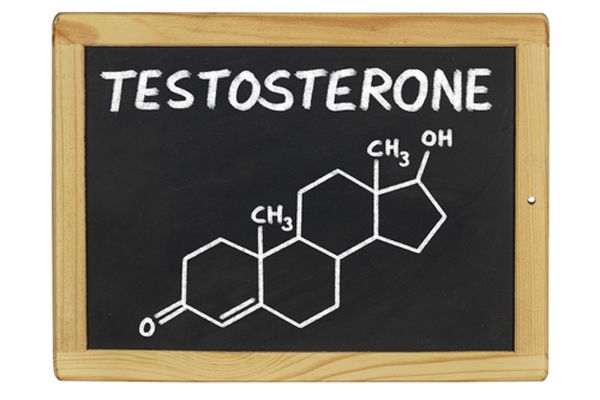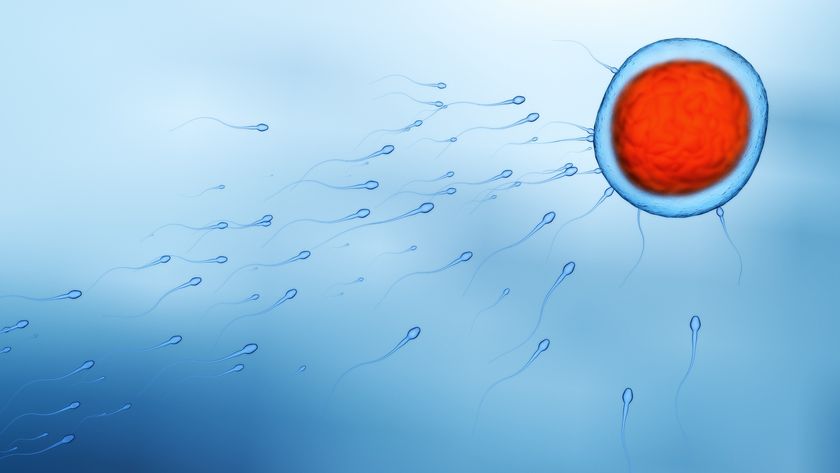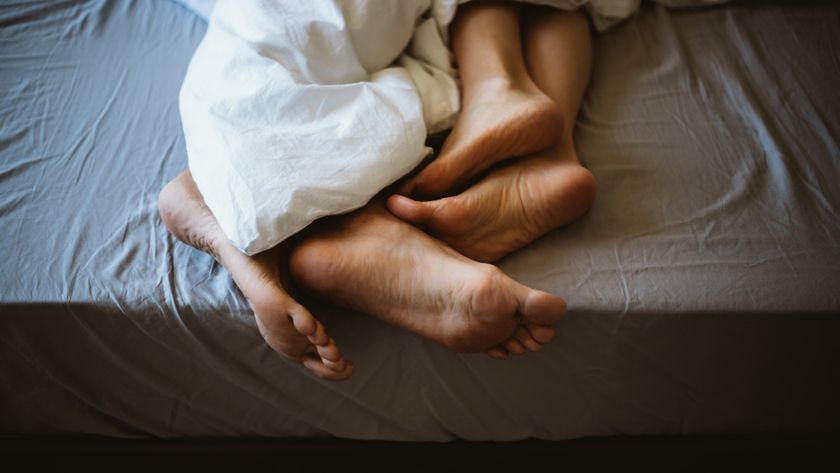Popular Testosterone Therapy Lacks Evidence

Testosterone-replacement therapies promise to bring increased muscle mass, a heightened sex drive, more energy and maybe even some extra vigor in the golf swing for men with "low-T," or low levels of testosterone.
But in the last five years, even as low-T has become a buzz word, some have questioned the claims of products that offer to boost levels of the hormone and improve fitness, libido and mental focus.
Through prescription patches, injections and gels, along with the advent of "T-Clinics," where men can receive testosterone injections, the hormone is more readily available than ever, said Dr. Robert Schwartz, a geriatrics professor at the University of Colorado School of Medicine.
But in June, the Food and Drug Administration (FDA) announced that all manufacturers of approved testosterone products must include a label that warns users about the risk of blood clots in the veins that the products may pose. [8 Tips for Healthy Aging]
The warning comes alongside an ongoing FDA evaluation of the potential risk of heart attacks, strokes and death in men who take testosterone products.
Exactly how testosterone may bring about these side effects is unclear, but researchers say a better understanding of this link could help older men with decreasing testosterone levels decide whether they could benefit from testosterone therapy. More research could also help younger men, who may seek replacement therapy in order to prevent the side effects of declining levels, better understand whether the risks outweigh the benefits, experts said.
A natural drop
Sign up for the Live Science daily newsletter now
Get the world’s most fascinating discoveries delivered straight to your inbox.
Testosterone affects sperm production, sex drive, muscle strength, bone density and red blood cell production, and though it declines naturally with the years, men at any age can have low testosterone. In this disorder, properly called hypogonadism, the body doesn't produce enough of the hormone, resulting in loss of body hair, low sperm count and a reduced sex drive.
For men with the condition, a hit of testosterone may give two of the most sought-after benefits, strength and increased muscle mass, along with energy, said Thomas Storer, a professor of endocrinology at Harvard Medical School in Boston. Some men even report increases in their overall quality of life.
But studies have also suggested risks of using testosterone products. Most notably, the 2010 Testosterone in Older Men (TOM) trial, funded by the National Institutes of Health (NIH), found that older men who used testosterone gel had a higher rate of heart attacks, strokes and high blood pressure, compared with a control group given a placebo, Schwartz said.
Two years later, a different study found that veterans ages 40 and over with low-T who were taking testosterone were more likely to die compared with controls.
Testosterone helps maintain the number of red blood cells in the body, and so an increase in the hormone could boost the number of red blood cells, leading to heart problems. "We see hematocrit, a measure of red blood cells, can increase in those who undergo testosterone therapy and in some [people] more than others," Storer said. "This results in thick or sludgy blood, which causes the heart to work harder to circulate blood." If the heart can't circulate blood fast enough, this can result in heart failure and heart attacks.
In some cases, taking testosterone can also decrease the amount of "good" HDL cholesterol in the body. Normally, this cholesterol helps reduce the risk of heart disease by eliminating the "bad" LDL cholesterol it finds in the blood.
Schwartz said a testosterone surge may also stimulate the growth of cancer cells lingering in a man's prostate.
Nevertheless, the NIH is exploring whether taking testosterone may help men with low-T. The agency is currently sponsoring The T-Trial, looking at whether older men on testosterone therapy experience improvements in their in sexual, physical and cognitive function, and what the risks to the heart may be.
Men's history is important
Storer's own research found that testosterone improves aerobic capacity for men who have limited mobility. And a 2011 study found that high testosterone levels in men could protect against loss of muscle mass as the men age.
Still, Storer said more work must be done. "I think we have to wait for the weight of the authority. Large trials need to be done, and replicated in more than one lab," he told Live Science.
So amidst these conflicting studies, how safe are the current testosterone replacement therapies?
Schwartz said it depends on an individual's medical history. "The question that's important here is, do the benefits outweigh the risks for a given population, whether that's men with hypertension, men with diabetes [or] aging men?" Schwartz said.
It's often the frailest people who will experience the negative side effects, Schwartz said. These are people with a high risk for developing heart disease, who need testosterone more than most individuals do. "The people with the greatest to gain have the greatest risk," he said.
Schwartz contrasted these patients with those looking to prevent future problems.
"In people who might be getting [testosterone] because they aren't hitting the golf ball as well, they're using it to prevent some long-term disability in the future," he said, adding that he isn’t sure whether that segment of the population will see the same negative side effects.
Schwartz advised men seeking testosterone-replacement therapy to discuss the idea with doctors who know their medical history well.
As for the FDA, Schwartz said, the agency will likely be wary of testosterone therapy until more solid studies show that it improves how men function in their daily lives.
"I don't know that we have any evidence yet that's astounding," he said. "Muscle mass and strength, yes, but more importantly, we need to show evidence that people function better, and that's the thing I think the FDA will like to see. Not just that you've got bigger muscles, but that you can function better, climb stairs easier. There's very little, if any, evidence for that."
Follow Jillian Rose Lim @jillroselim & Google+. Follow us @livescience, Facebook & Google+. Original article on Live Science.












